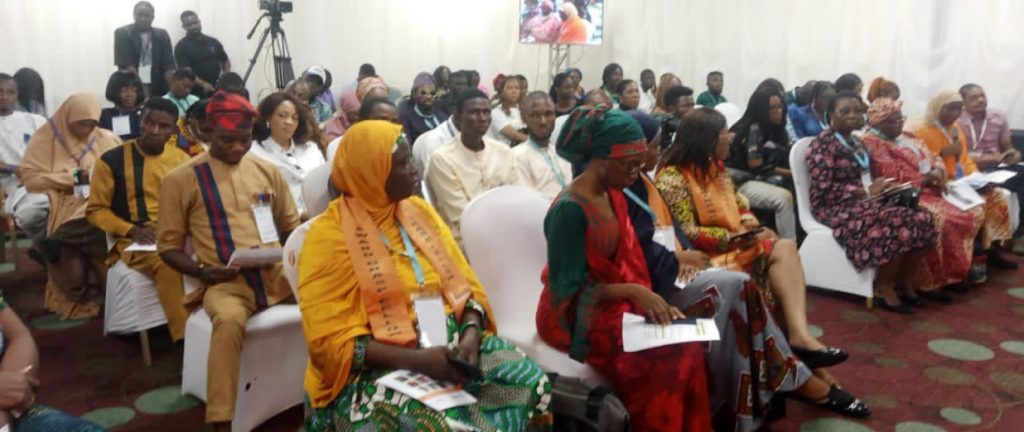By Felicia Imohimi
The African Women in Agricultural Research and Development (AWARD), says no fewer than 1,872 persons have benefited from its fellowships from 460 institutions in 26 countries.
Ms Elizabeth Kisio, Senior Monitoring and Evaluation Officer, AWARD, disclosed this at a side event organised on the margins of Gender and Inclusion Summit 2024 held in Abuja.
The event was themed “Amplifying the Blind Spots; Gender Inclusion at the Centre of National Agricultural Policy.”
It was co-organised by AWARD, Policy Innovation Centre and CGIAR Gender Impact Platform to provide opportunity for Gender Responsive Agriculture Systems Policy (GRASP) fellows from Nigeria to highlight their policy research evidence on gender gaps in agricultural policies.
According to Kisio, the gaps specifically is on nutrition, agricultural finance, seed systems, livestock, agricultural extension, gender-based violence in agriculture, climate resilient, aquaculture and fisheries sectors.
Kisio identified GRASP fellowship as a career development programme targeted at mid-career African women in the policy field to catalyse the design and implementation of gender-responsive agricultural policies across Africa.

“GRASP fellowship is funded by the United States Agency for International Development (USAID) and implemented by AWARD; nine fellows from Nigeria participating in the programme will pitch their policy innovation projects.
“These projects involve innovative ideas where the fellows are tasked with identifying gaps in existing policies or if there are no existing policies, create new gender-responsive ones.
“They are also expected to design innovative approaches to incorporate gender into existing policies or develop entirely new gender-inclusive policies.” she said.
Mrs Titilope Fakoya, a trainer with AWARD, said the GRASP programme equipped the fellows with leadership capacities, negotiation skills, conflict resolution skills, boldness among others to progress in their careers as research development professionals in agriculture.
“Beneficiaries of the fellowship are promoting policies, influencing policies in different areas to give them power and courage to influence agric policies and make them gender sensitive,’’ she said.
Ms Vera Onyeaka-Onyilo, Knowledge Management and Communication Advisor, International Fund for Agricultural Development-Value Chain Development Programme, a fellowship beneficiary also spoke.

According to her, her Policy Innovation Project (PIP) is tagged “Improving Access to Credit for Smallholder Women Farmers through Policy Action to boost Agric-food Systems Transformation in Nigeria.”
Onyeaka-Onyilo said the project was conceptualised based on the barriers faced by smallholder farmers in accessing formal credit.
She said that smallholder women farmers contributing to about 70 per cent of food production in Nigeria lacked access to credit facilities.
She described the challenge as hampering their ability to contribute effectively to agri-food systems transformation.
“In spite several government credit schemes introduced since 1973, none have been gender-responsive, leaving 77 per cent of Nigerian women in the agri-food systems without access to essential financial resources.
“The PIP aims to advocate for integration of gender considerations into Nigeria’s National Agricultural Development Fund (NADF) to enhance access to credit for smallholder women farmers,’’ she said. (NAN)
